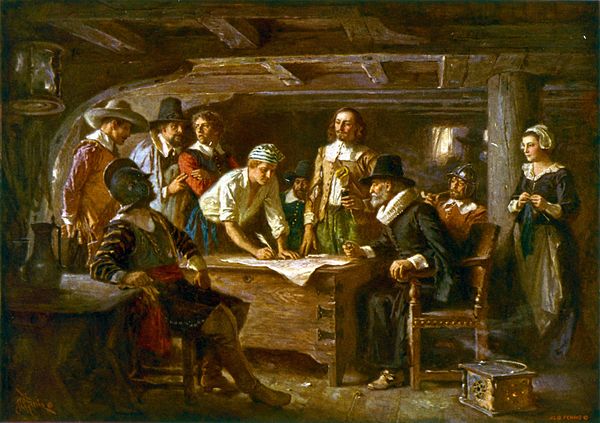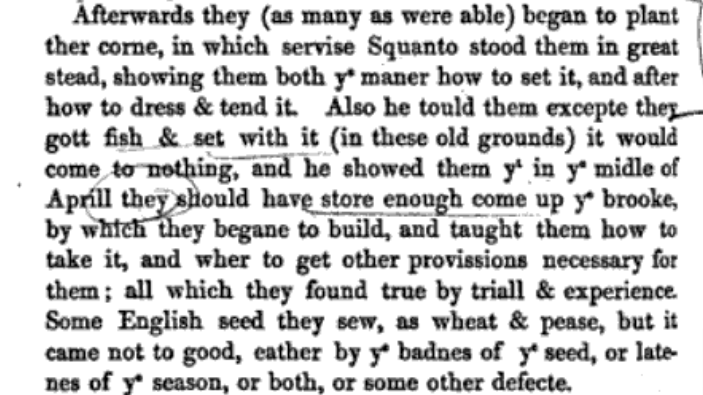Discover and read the best of Twitter Threads about #vastearlyamerica
Most recents (6)
It’s one of my favorite days in my undergrad #ColonialAmerican #history class: after reading short pieces by each, students have to choose whether they are Team (Karin) Wulf or Team (Gordon) Wood.
Stay tuned for continued coverage as the debate over #vastearlyamerica unfolds!
Stay tuned for continued coverage as the debate over #vastearlyamerica unfolds!
Here's what they read:
Wulf, "No Boundaries?: New Terrain in Colonial American History," OAH Magazine of History (2011)
and
Wood, "History in Context," Washington Examiner/Weekly Standard (2015)
Wulf, "No Boundaries?: New Terrain in Colonial American History," OAH Magazine of History (2011)
and
Wood, "History in Context," Washington Examiner/Weekly Standard (2015)
I do not give any analysis before the debate, but later in the class we discuss the concept of the Atlantic World, which speaks to both Wulf and Wood (well, Wood via Bailyn).
Hi everyone - as a fellow at Kean University I need to give a fellows talk on my research. For COVID safety (and because I want you all to be able to be there) I've asked that the event be hosted virtually. So I'm very happy to invite you to my research talk! (1/4)
On Monday, February 7th from 3:30 - 4:30 PM EST I will be talking about my dissertation work and my manuscript research. I'll be talking about #DisHist, #HistMed, and #VastEarlyAmerica in early nationalist Philadelphia. (2/4)
If you want to learn about things about disability in early America, or welfare infrastructure in early American cities, or medico-welfare reform across the early 1800s, please save this Zoom meeting link (3/4): kean-edu.zoom.us/j/99822294403
Pleased to announce a major expansion of the Intra-American Slave Trade Database: slavevoyages.org/american/datab…. Thanks to support from @ACLS1919, new data more than doubles the number of documented voyages moving enslaved people within the Americas. Now 27,680 entries. (1/6)
#Slavery
#Slavery
One major addition, thanks to the research of @drjkwilliams, is coverage of the maritime portion of the U.S. domestic slave trade, particularly forced movements of enslaved people to the Gulf South via New Orleans, 1820-1860: slavevoyages.org/voyages/Fw7wQw…. (2/6)
@slavevoyages
@slavevoyages
An exciting aspect of new data on US trafficking is that the records @drjkwilliams gathered recorded names of enslaved people. (Most trade records omitted names). We’ve created a new database of the people who endured such journeys: slavevoyages.org/past/database. (3/6)
#twitterstorians
#twitterstorians
Four hundred years ago today the Mayflower left England for America, carrying the “Pilgrims” who founded Plymouth Plantation. A century ago this anniversary was a huge deal; now it’s…complicated (thread) 
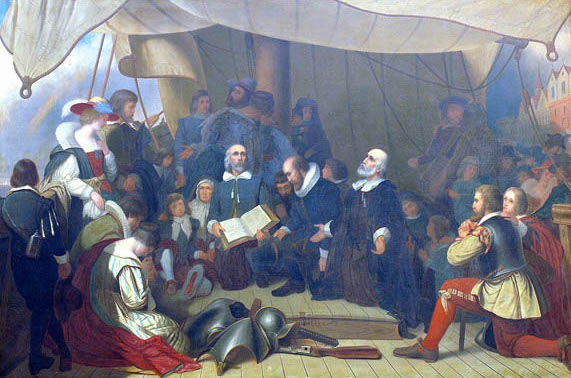
A warm welcome to today's new readers and followers! Borealia features recent scholarship on the Indigenous, French, British, and early national histories of the places we now call Canada. Here's a short thread with a sample of recent posts from this year's back-catalogue: 

1/ Need some historical context for #covid19 and pandemics in Canada? Start with @kate4barker on Killer Advertising—How Canadians Were Sold the 1918-1919 Influenza Pandemic
earlycanadianhistory.ca/2020/03/23/kil…
#Cdnhist #canadianhistory
earlycanadianhistory.ca/2020/03/23/kil…
#Cdnhist #canadianhistory
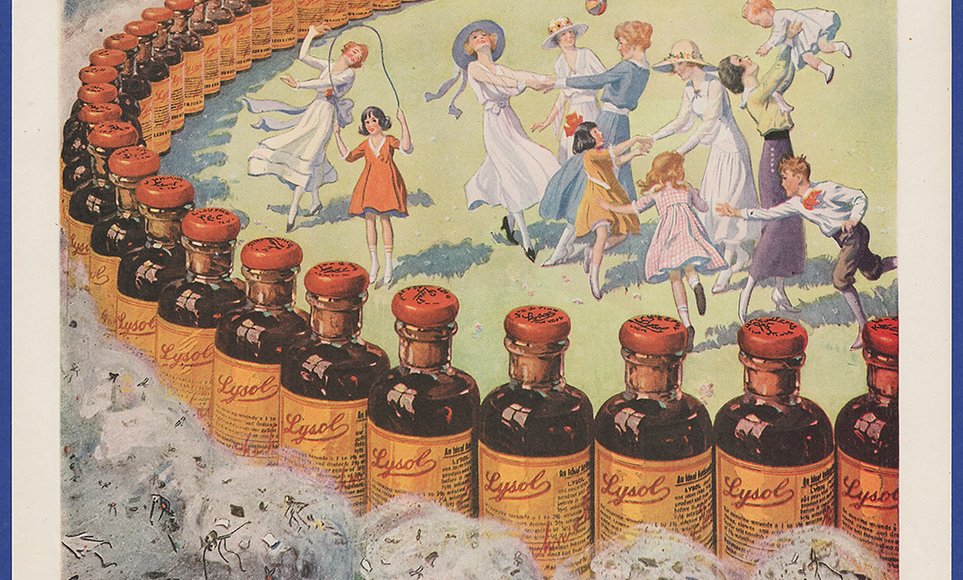
@kate4barker 2/ Then wind back the clock to the late 18th C, as @S_Berthelette reflects on Quarantine in the Northwest: The Hudson’s Bay Company’s Public Health Measures to Stop the 1779-1783 Smallpox Epidemic
earlycanadianhistory.ca/2020/03/30/qua…
#HudsonBayCompany #history
earlycanadianhistory.ca/2020/03/30/qua…
#HudsonBayCompany #history
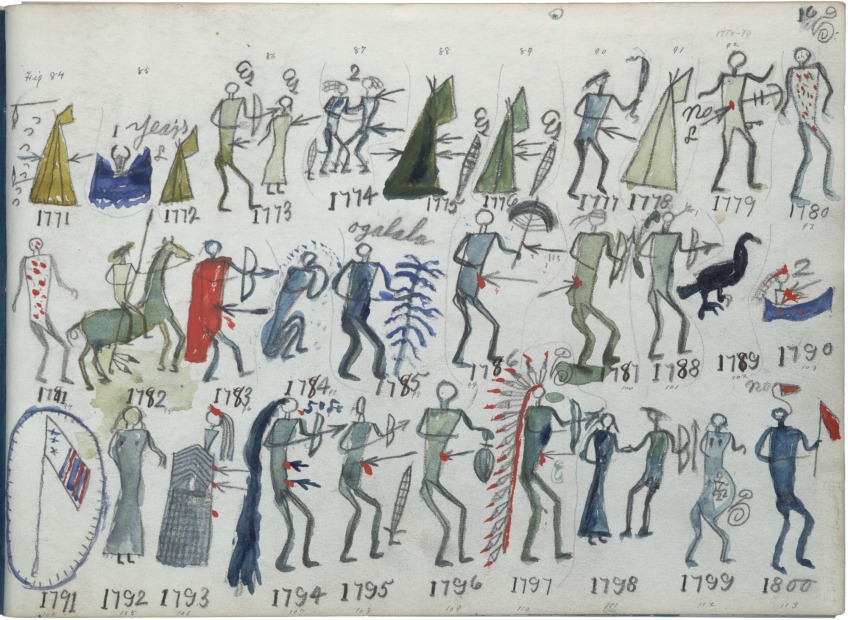
In honor of the #1620project and other 19th-century fables, allow me to tell you about the legend of Mother Goose and how it is actually about Antebellum Bostonians denying their complicity in slavery.
#vastearlyamerica
#vastearlyamerica

In 1860, a column ran on the front page of the Boston Evening Transcript: “Many persons imagine that Mother Goose is a myth — that no such person ever existed. This is a mistake. Mother Goose was not only a veritable personage, but was born and resided many years in Boston.”
The writer, John Fleet Eliot, claimed that the first edition of Mother Goose’s Melodies was printed in Boston in 1719 by Thomas Fleet, based on the songs and stories that Fleet’s mother-in-law, Elizabeth Foster Goose, sang to Fleet’s nine children.
